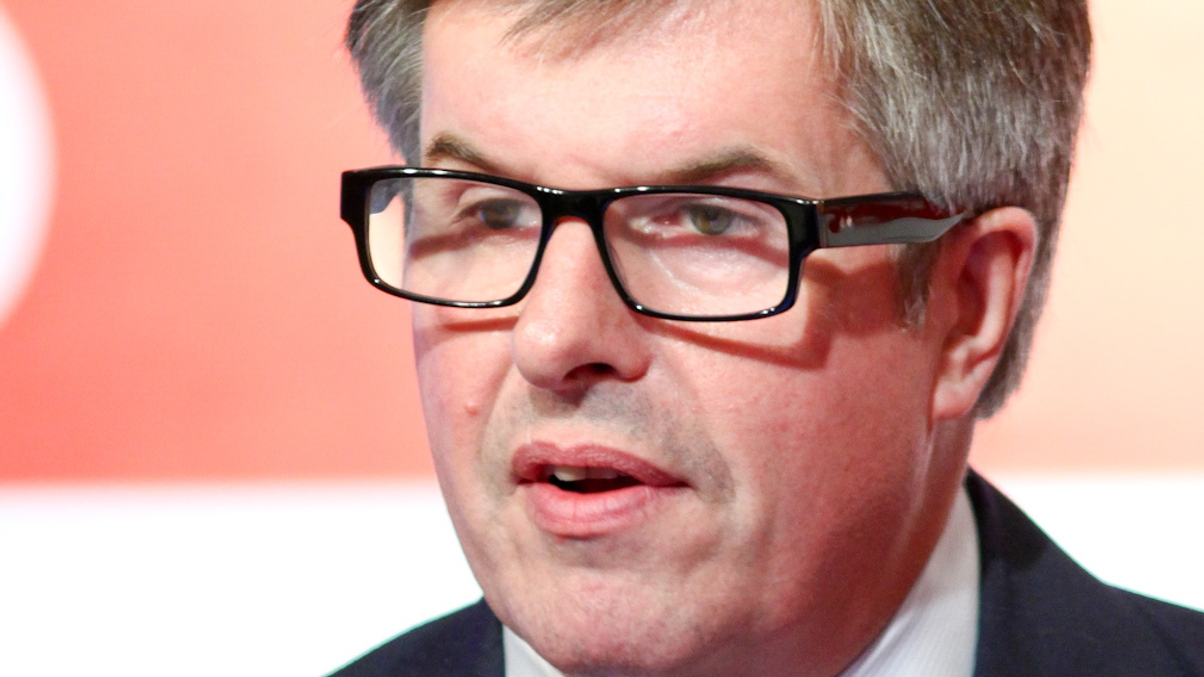“Russia is neither China nor Germany”
VTB Capital’s Neil MacKinnon says in a world of uncertainty, Russian growth is a reliable bet, but government reforms are needed.

Russia’s economy is forecast to grow by 4% this year and next year, an outlook that seems reliable. It may not be so incredible compared with China and India, but in a world beset by uncertainty, including in other emerging markets, it’s a performance that should reassure global investors, argues Neil MacKinnon, Moscow-based global macro strategist at VTB Capital.
Sign in to read on!
Registered users get 2 free articles in 30 days.
Subscribers have full unlimited access to AsianInvestor
Not signed up? New users get 2 free articles per month, plus a 7-day unlimited free trial.
¬ Haymarket Media Limited. All rights reserved.


